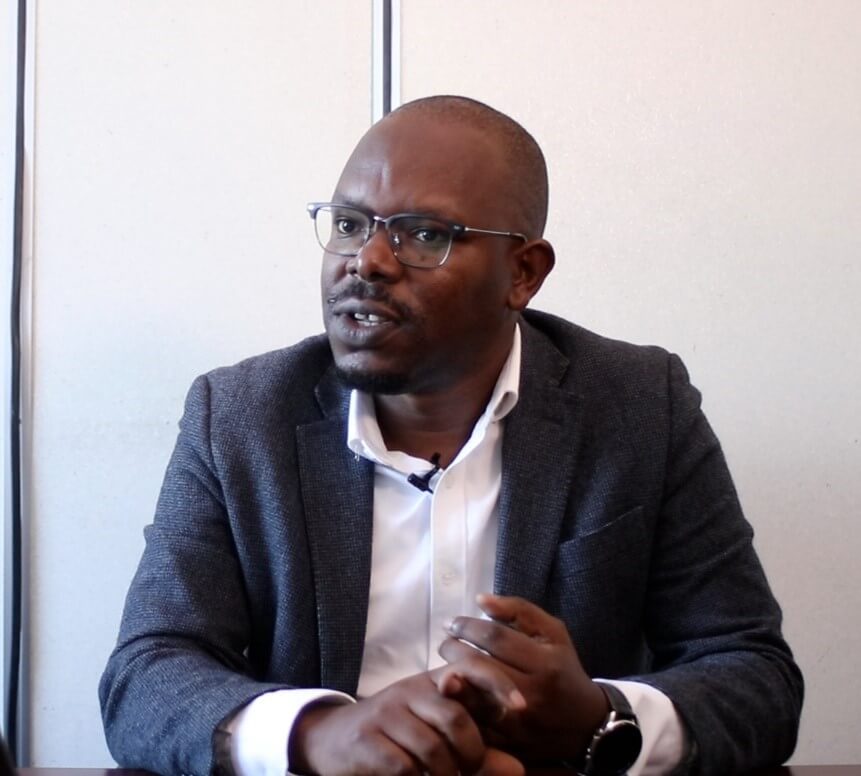An atmosphere of calm welcomes you as you enter the lobby of the Rwanda Utilities Regulatory Authority (RURA). This wasn’t always the case, according to Francois Gatete, the Director for Information Systems at RURA. Before 2019, RURA, which regulates all public utilities in Rwanda, struggled with the mundane, time-consuming manual processes of issuing out licenses, resulting in a crowded and chaotic lobby. To understand how complicated the scenario was, imagine this: a vendor would initiate a license request, but the finance department, trapped in an information void, couldn’t know, or track the progress of the application. This opaqueness made the process frustrating and inefficient, and many traders would visit RURA offices daily to follow up on the all-important piece of paper. David Butera, Programme Manager, TradeMark Africa (TMA), pointed out that a scoping exercise that sought to identify and resolve trade barriers in Rwanda highlighted RURA as one of the agencies that was still using manual processes; with traders saying this was a big problem that made trading difficult and costly. “We used to have silos in the application chain as there was no way for a team, say, finance to gain visibility on the status of the license application in the pipeline,” Gatete recalls of the disjointed processes. Trying to manually serve over 20,000 businesses led to many deadlocks both for RURA and the businesses. Innocent Twahirwa, who runs Jali Transport, remembers submitting thousands of paper forms and making numerous follow-up visits to RURA offices to get licenses for...
Rwandan businesses reap dividends of automation of the country’s regulatory body
Posted on: January 26, 2024
Posted on: January 26, 2024






















